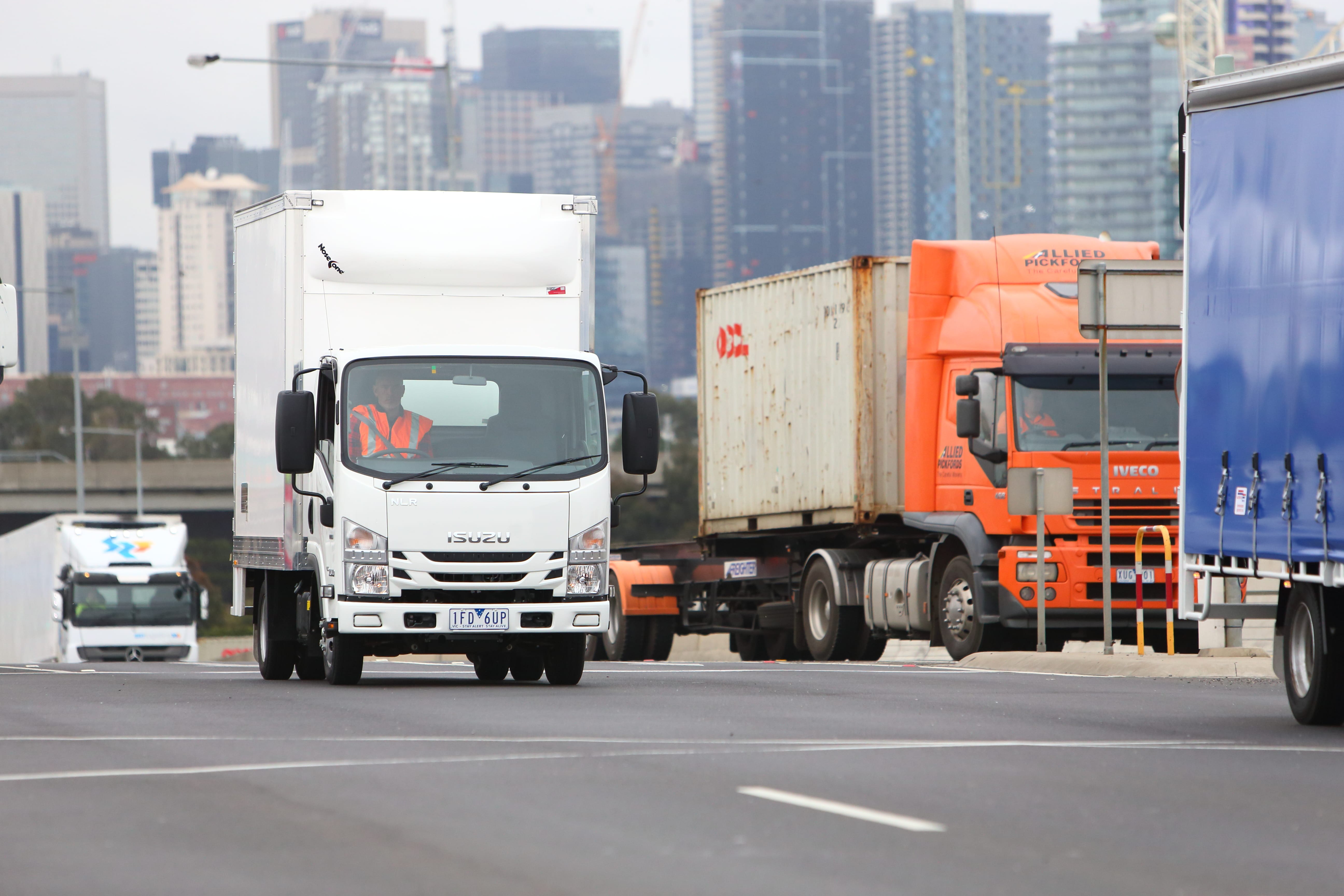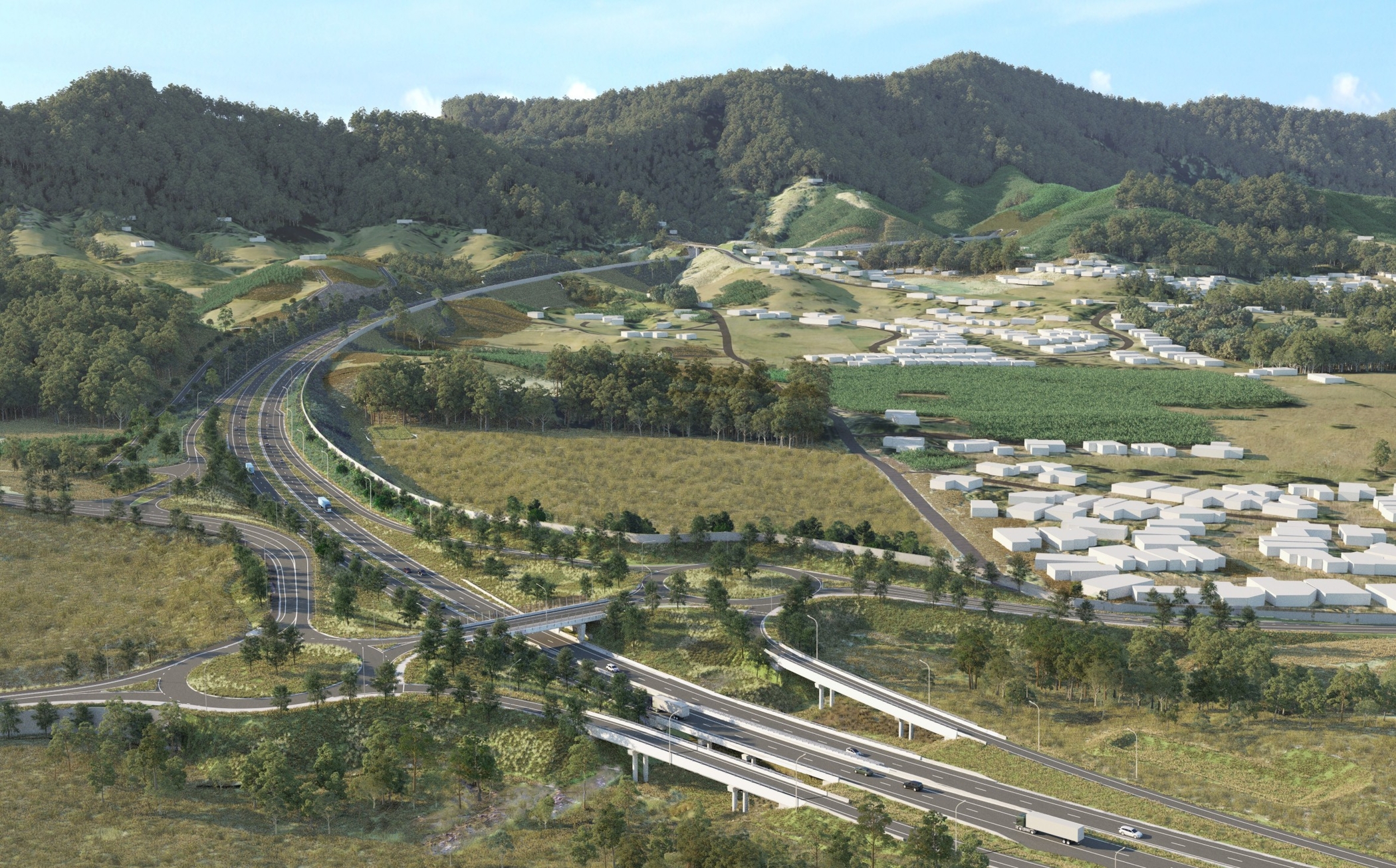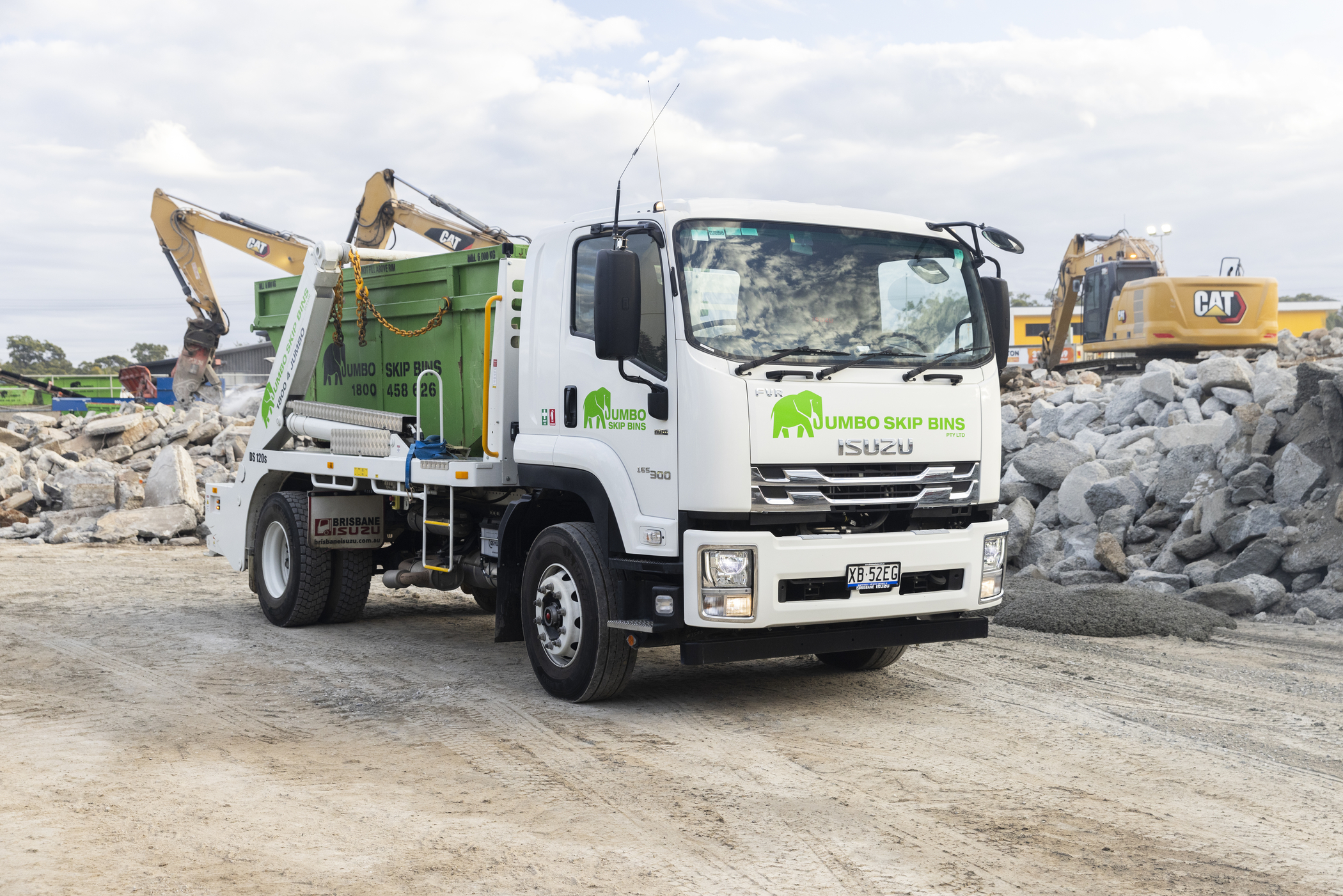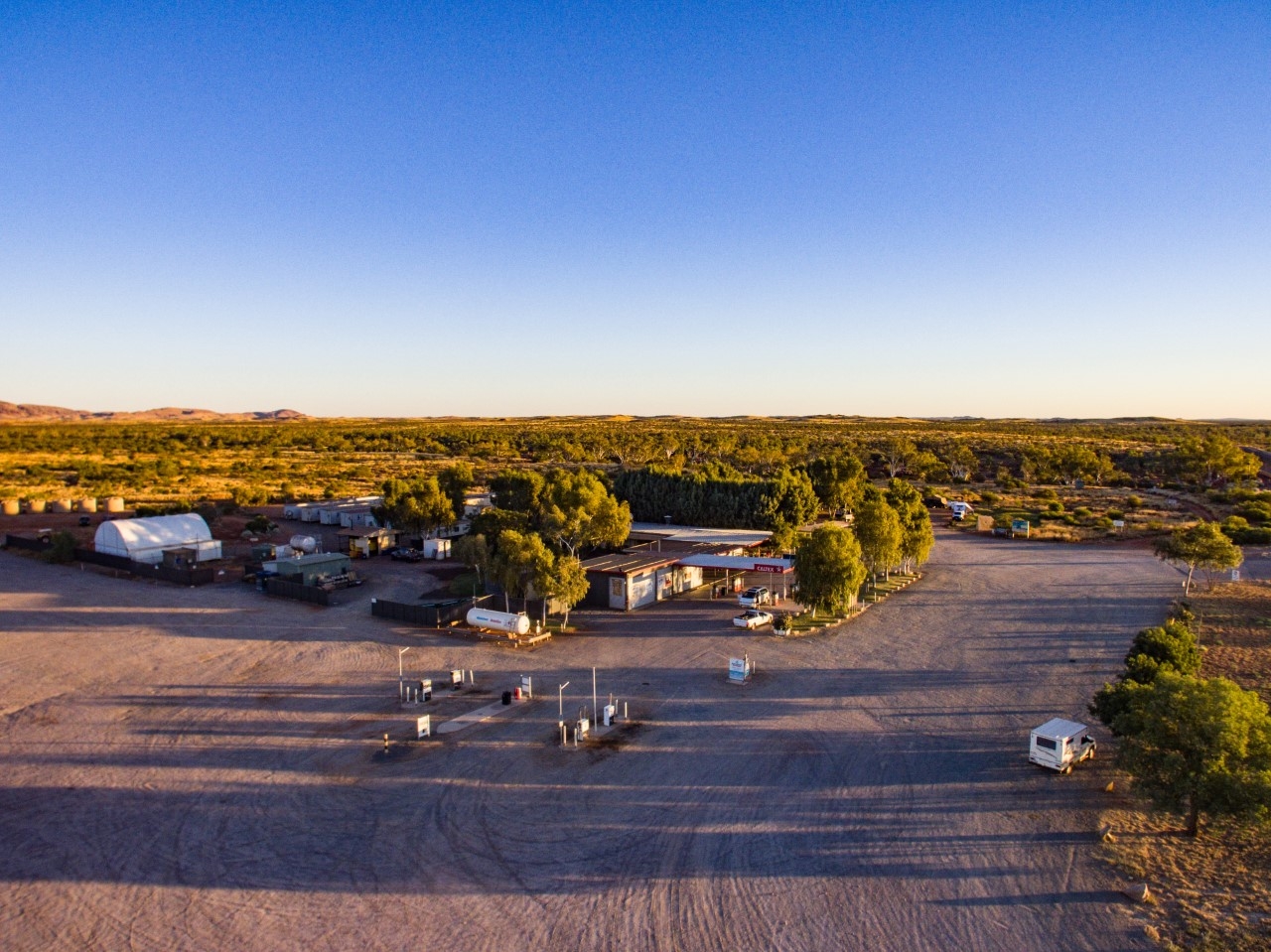Summertime Tips For Safe Road Trips

There’s nothing like a family road trip – a much loved Australian pastime – to rejuvenate our spirits after a hard-working year.
From Milperra to Unanderra and all the way to Captains Flat, Aussies don’t shirk a long drive, in fact they relish it. As expected though, highways and intrastate routes can get busy during this time. The combination of heavy traffic, warm weather and under-prepared motorists can pose a few challenges on the long-distance drives; hence the importance of safety and preparation is vital. This blog provides a brief checklist of all things to keep sight of, when driving long distances so that you can enjoy a stress-free holiday season with your loved ones. Reality check While the last five years has seen a steady decline in the number of road fatalities, it has also brought to attention a rather unsettling statistic about the holiday season – a total of 129 fatalities were recorded in December 2017 marking a 25 per cent rise in the number of fatalities recorded during December in the past five years. And this includes rural roads too. Rural backroads also bear the brunt of heavy traffic during this time of the year.
In fact, long distance driving on rural and remote roads can be risky because it may increase the likelihood of speeding over assigned limits, animal strikes and add to fatigue. During the holiday season, this can be intensified as heavy traffic affect these routes too.
Driving along rural roads also poses the risk of contact with our native wildlife, posing a threat to the animal, passengers and other road users.
With so many factors that can adversely impact long distance driving during the holiday season, here’s a guide on what to keep an eye out for, to ensure your road trip is safe and enjoyable for everyone involved.
Safety first
And this includes rural roads too. Rural backroads also bear the brunt of heavy traffic during this time of the year.
In fact, long distance driving on rural and remote roads can be risky because it may increase the likelihood of speeding over assigned limits, animal strikes and add to fatigue. During the holiday season, this can be intensified as heavy traffic affect these routes too.
Driving along rural roads also poses the risk of contact with our native wildlife, posing a threat to the animal, passengers and other road users.
With so many factors that can adversely impact long distance driving during the holiday season, here’s a guide on what to keep an eye out for, to ensure your road trip is safe and enjoyable for everyone involved.
Safety first

- Before any road trip, its good practise to be prepared for anything. Make sure that your vehicle – whether it’s a sedan, SUV or a truck - is well maintained and ready for long road journeys.
- Check to see there is sufficient oil and radiator coolant.
- Check to see the tyres are adequately inflated. Also, make sure there is a fully functional spare tyre and jack on hand.
- Ensure that your vehicle lights and indicators are working correctly.
- Check there are no fluid leaks.
- Check to see that the fuel and temperature gauges are working correctly.
- Make sure you are aware of your vehicle’s towing capacity before towing a caravan, boat or the dirt bikes.
-
- Getting your vehicle regularly serviced can iron out any minor issues that you might have with your vehicle - it keeps your vehicle safe and minimises holiday downtime.
- Always make sure to plan ahead of your trip. Remember, this is a busy period which means there are more vehicles on the road than usual – you are likely to find caravans, trailers and boats on the road too. By planning extra time into your trip, you are better prepared for unpredictable road conditions and circumstances.
- Make sure to take regular breaks – at least one break every two hours. Also, stopping for short power naps (sometimes, even a 15-minute nap is sufficient) at rest stops can help reduce deadly fatigue. Share your driving if you have a fully licensed driver accompanying you in the vehicle. This helps with minimising fatigue.
- Avoid alcohol at all costs. Even the smallest amount of alcohol can affect your driving ability, so its best to avoid it completely before and during your journey.
- Get a good night’s sleep the night before you plan to drive. A well-rested mind is an alert mind, so it’s important that you get a good sleep of 7-8 hours before you travel.
- Avoid distractions such as using your mobile phones while driving.
- Remember not to speed. When doing long drives on unfamiliar routes and heavy traffic conditions, it’s best to keep within the assigned speed limit, never to exceed it, regardless of whether you are driving in the city, through rural, remote routes and during night time.
- Make sure that any luggage, load or equipment is properly secured so that you and passengers in the vehicle are safe in case of sudden braking. Loads, luggage, bags, and even pets if not secured, can become projectiles during emergency or sudden braking.
- Ensure that all passengers in the vehicle, including pets wear appropriate seatbelts and/or child restraints.
- Exercise caution when driving during periods of limited visibility. This is especially important on country roads, where there is an increased likelihood of wildlife activity - it is better to drive at reduce speeds to avoid animal collision.



Playtime’s over, get $3,500* to spend on extras.
If you’re ready to get serious about tackling bigger jobs, grab yourself an NLR 45-150 AMT SWB Traypack from the Ready-to-Work range for $62,990 drive away*. And to prove we aren’t playing, buy any NLR Traypack before June 30 and you’ll get $3,500* to spend on genuine accessories or an Essentials service agreement.
Learn more



